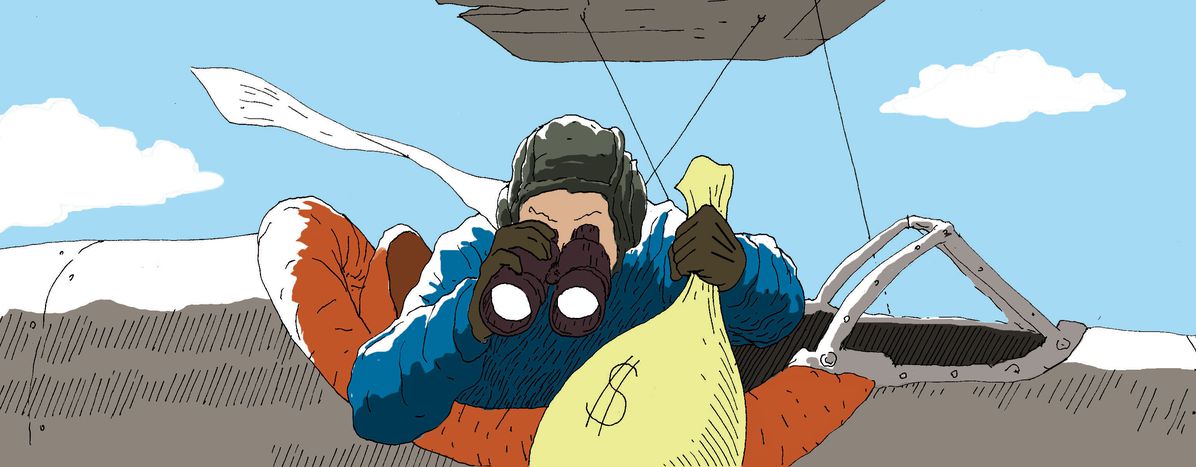
Behind the numbers: Basic income, who'd have it best?
Published on
Translation by:
CafébabelOn Sunday the 5th of June, the Swiss rejected the idea of an unconditional basic income, a concept is mired in controversy. While some see it as the first step on the way to a socialist utopia, others are sounding warning alarms. Meanwhile, The Economist has calculated how much citizens would get if a basic income was introduced in other countries.
As many as 17,800 US dollars a year would be given to every resident of Luxembourg, the country topping the rankings. Sounds good, right? That's about one-fifth of the country's GDP per capita (based on purchasing power parity), one of the highest in the world. At the other end of the spectrum there's Mexico, whose residents would only be able to count on 900 dollars a year.
The initiative rejected in the Swiss referendum stipulated that every adult would receive an untaxed sum of 2,500 francs (2,600 dollars) from the state each month. Young people up to the age of 18 would get much less: "only" 625 francs (650 dollars). This money would be transferred regardless of income. As calculated by the Swiss government, the project would cost the treasury 208 billion francs per year. The majority of this sum would be covered by funds currently allocated to social benefits programs, but the government would still need to find approximately 25 billion additional francs.
The Swiss legislators appealed to its country's citizens to vote against the initiative. As one of the arguments, they mentioned that an unconditional income could make gainful employment less attractive to those who already earn the least.
---
Source: The Economist
Translated from Liczby mówią: bezwarunkowy dochód podstawowy - gdzie żyłoby się najlepiej?



